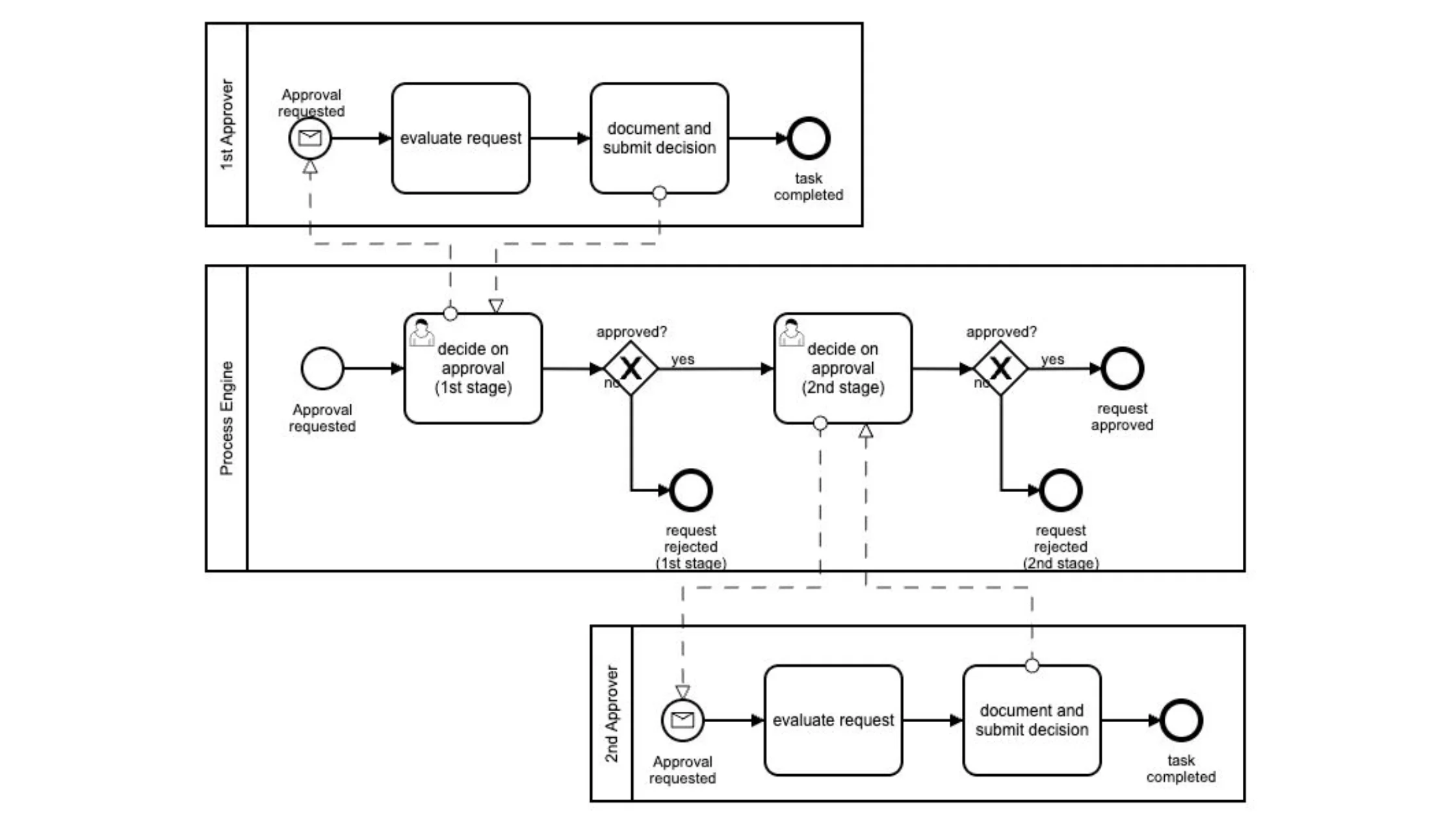Google just changed the search game again, and this time it’s grouping your results in ways that might actually help you find what you’re looking for faster. The tech giant launched Web Guide recently, a new AI-powered feature that sorts search results into neat categories instead of the traditional list we’ve grown used to.
Google Web Guide: A Fresh Take on Search Results
When you search for something like how to care for a mango tree,” Web Guide shows relevant links at the top, followed by an AI-generated summary. But what’s new now is that, it then organizes the remaining links under specific categories like “Mango Tree Care in Specific Climates” and “Troubleshooting Mango Tree Issues.”
The feature pulls content from various sources including educational resources, YouTube videos, and social platforms like Reddit and Quora.
Google built Web Guide using a custom version of its Gemini AI model. Like Google’s AI Mode, it uses something called “query fan-out technique”, breaking down your search into multiple related queries and running them simultaneously to find the most helpful results.
How Web Guide Works in Practice
Web Guide is currently available as an opt-in test through Google Labs. Users who join the test will see the feature in the “Web” tab of Google Search. Google has also announced plans to bring this organization method to the “All” tab as search results evolve.
The feature appears particularly useful for two types of searches:
- Open-ended exploratory queries like “how to solo travel in Japan” where results might include transportation options, accommodations, cultural etiquette, and must-see destinations.
- Multi-part or complex questions such as “My family is spread across multiple time zones. What are the best tools for staying connected and maintaining close relationships despite the distance?”
Each category comes with brief explanatory text that helps you understand why those particular results are grouped together. While sometimes stating the obvious, these explanations aim to provide context for each collection of links.

More Than Just a New Look
This represents Google’s ongoing shift away from the classic “10 blue links” model that defined search for decades.
Austin Wu, Group Product Manager for Search at Google, explained that Web Guide helps surface pages users might not discover through standard search. The AI can identify connections and relevance that might otherwise be missed by understanding both the query and web content more deeply, t
“Web Guide uses a custom version of Gemini to better understand both a search query and content on the web, creating more powerful search capabilities that better surface web pages you may not have previously discovered,” Google said in its announcement.
What This Means for Publishers and Website Owners
For content creators and website owners, Web Guide points to an important shift in how Google evaluates and displays search results. The change suggests several key implications:
- Content that addresses specific aspects of broader topics might gain more visibility
- Websites offering unique perspectives or specialized information could receive more exposure
- Publishers should consider how their content fits into logical categories within their niche
- Content that answers multiple related questions may perform better in this new format
These new AI features from Google tend to show a glimpse at where Google is headed. So keep watching for these features and play with them yourself, to see how you and your clients surface in these search results.
How to Try Web Guide
For now, Web Guide is an experimental feature that users must opt into via Google’s Search Labs. You can enable it by visiting the Search Labs experiment page.
Once activated, Web Guide appears when using the Web tab in Google Search. Users can easily switch back to standard results at any time, making it low-risk to test and provide feedback.
As with Google’s other AI search experiments, user response will determine whether Web Guide eventually becomes a standard part of the search experience or undergoes further refinement.
The Future of Search Organization
Following other features like AI Overviews and AI Mode, it shows Google’s commitment to finding new ways to organize the massive amount of information available online.
While Web Guide reorganizes existing web pages into more logical groupings, it differs from AI Mode, which generates conversational responses to queries. Each feature serves a different function. Web Guide improves how results are presented, while AI Mode changes how answers are created and delivered.
Both users and content creators will need to adapt to these new information discovery methods. For now, Web Guide offers a glimpse into how AI might help us navigate a complex web of information more effectively.














